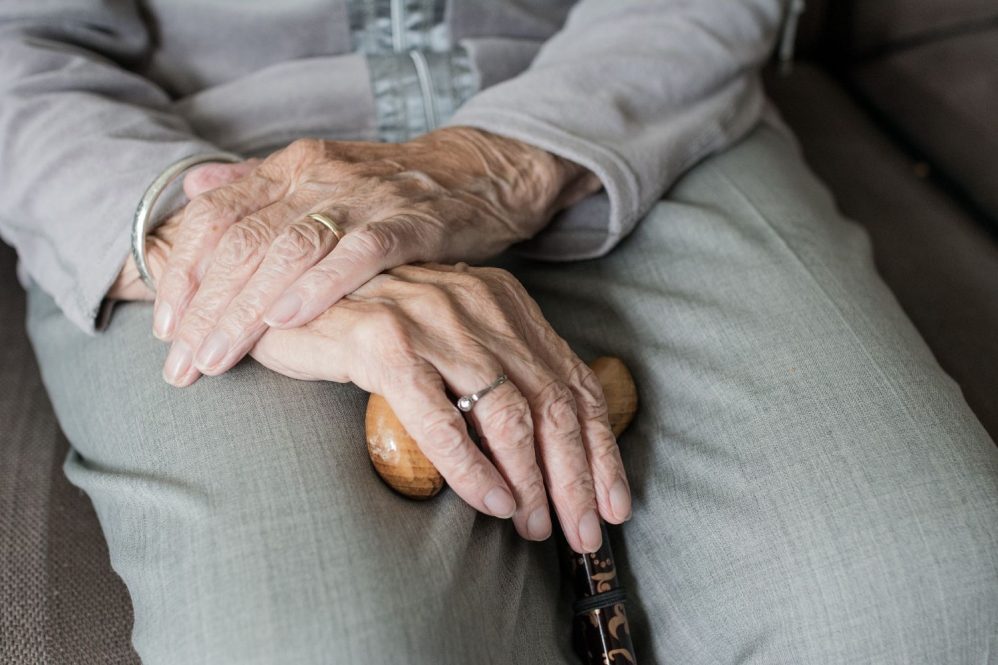The paper fills a gap in research, focusing on readmission risk due to physical functioning for adults over the age of 50

Image by Sabine van Erp from Pixabay
Hospitals are not places people want to visit over and over. But for many older adults, hospital readmission is a significant problem.
One of the major reasons for readmission is loss of physical functioning, meaning people struggle to complete daily activities independently at home.
When people are in the hospital, they undergo a process of deconditioning, where their muscles get weaker due to disuse, even if they are only hospitalized for a few days.
This places people in general, and specifically older adults, at a greater risk of readmission.
"Hospitals really are, at this time, built around that model of protecting people so much that they spend most of the time in bed, and they become much weaker from that process," says Jim Smith, assistant professor-in-residence of kinesiology in the College of Agriculture, Health and Natural Resources (CAHNR).
This pattern is such a concern that Medicare has established a penalty for hospitals that have too many readmissions within 90 days.
Despite all this, there was little existing research on patients' physical functioning when they leave the hospital, or their risk of readmission associated with functioning.
Care transition models, which help health care providers transition patients home after hospitalization, have instead focused on factors like discharge planning, provider-to-provider communication, coordinating care, and educating patients on how to monitor their medical conditions.
Smith and a group of collaborators published a paper in the Journal of Hospital Medicine to help fill this research gap. The paper focused on readmission risk for adults over the age of 50.
Erin Thomas from The Ohio State University is the lead author on the paper. Other collaborators included experts from the Washington Hospital Healthcare System, University of Colorado School of Medicine, Intermountain Health, and University of Maryland School of Medicine. Smith served as the methodologist for the study.
While not all hospital readmissions are related to loss of functioning, this paper clarifies that it is a significant factor for older adults, and loss of functioning is a public health concern.
"Even for those who aren't readmitted, this is a real burden on the individual and their families," Smith says. "While we see it as a success when they survive and go home, the family unit and the caregivers are dealing with a very difficult situation."
One of the reasons functioning has not been studied as closely in the same way as other categories, like medication, is that different hospitals and different studies have measured it differently. For example, some evaluate basic measures of strength and flexibility, while others look at the ability to complete everyday activities, like getting in and out of a chair, or participating in society by being able to do things like drive, work, worship, or shop.
The team will use this paper as the basis for the development of a set of clinical practice guidelines. This document will help healthcare providers identify measures of function associated with an unsuccessful transition home.
By identifying these factors early, practitioners, like physical therapists, can intervene while the patient is still in the hospital to help them regain the functionality they need to live at home, or recommend equipment and rehabilitation services they can utilize outside the hospital.
"I hope people will see hospitalization not as a time to rest, but as a time to engage in activity and preferably rehabilitation if there is any indication they have physical problems," Smith says.
This work relates to CAHNR's Strategic Vision area focused on Enhancing Health and Well-Being Locally, Nationally, and Globally.






